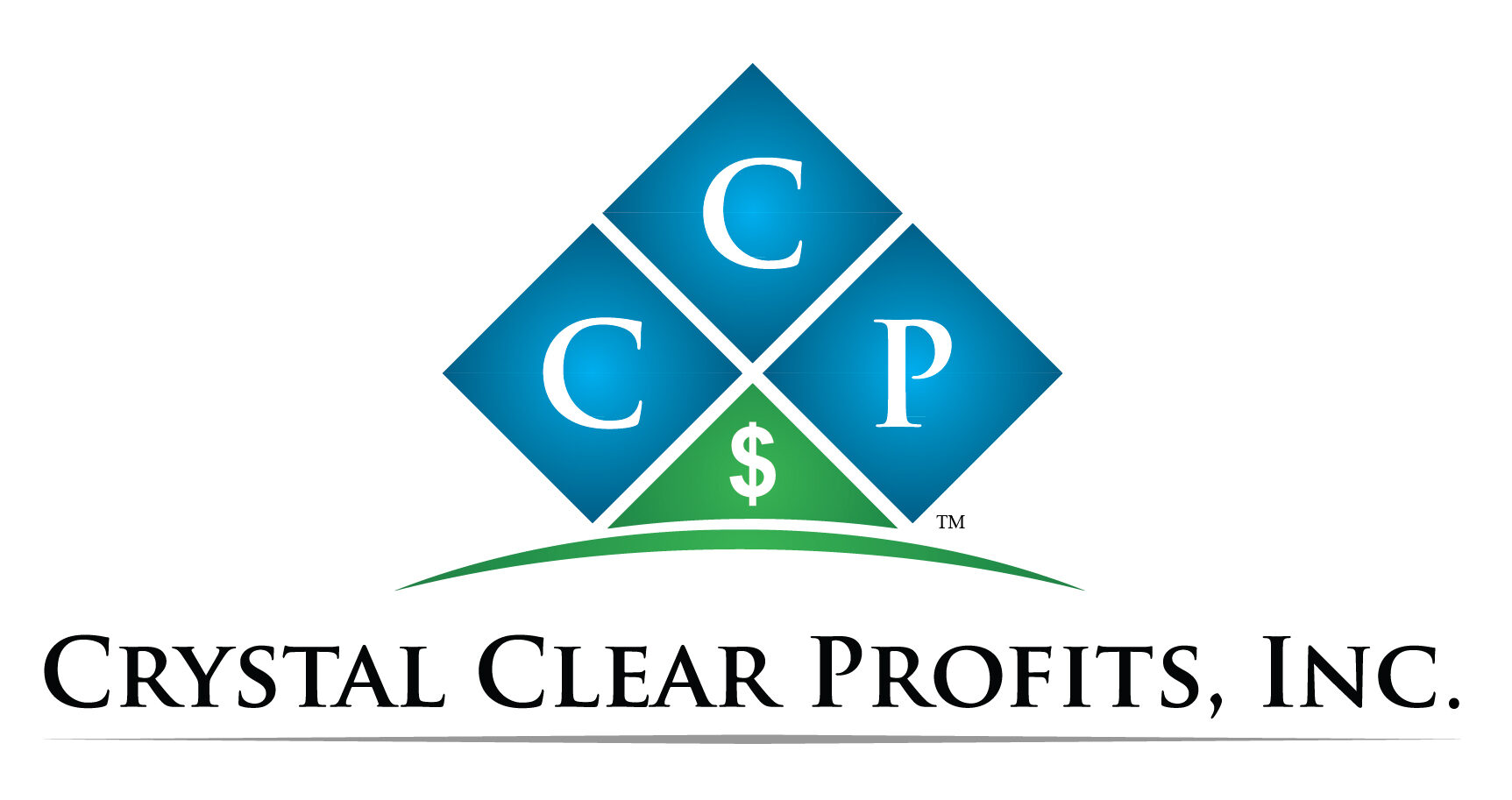A Holistic Approach to Tracking Income, Staying Organized, and Embracing Digital Efficiency
In the world of holistic practices, where mindfulness and balance are paramount, extending these principles to your financial recordkeeping can significantly contribute to the well-being of your business. Let’s explore the importance of tracking income and expenses, staying organized for tax season, and discover the digital tools that can streamline your recordkeeping process.
Importance of Tracking Income and Expenses:
Just as you guide your clients toward balance and holistic well-being, maintaining equilibrium in your practice’s finances is essential. Here’s why diligent tracking matters:
- Financial Awareness: Tracking income and expenses provides a comprehensive view of your practice’s financial health and allows for tax planning. It enables you to make informed decisions, identify areas for improvement, and plan for the future.
- Tax Compliance: Accurate records are your best ally during tax season. They ensure you’re claiming all eligible deductions, easing the process of filing taxes and minimizing potential stress.
- Business Growth: A clear understanding of your financial landscape allows you to set realistic goals, allocate resources efficiently, and pave the way for sustainable business growth through a strategic plan.
Staying Organized for Tax Season:
Tax season doesn’t have to be a stressful time for holistic practitioners. By incorporating organizational habits throughout the year, you can breeze through tax-related tasks:
- Dedicated Workspace: Designate a specific area for financial activities. Having a dedicated space helps minimize clutter, reduces the likelihood of misplaced documents, and fosters a focused mindset.
- Regular Check-ins: Schedule regular check-ins with your bookkeeper or CPA. This could be a monthly review to ensure everything is up to date, transactions are accurately recorded, and receipts are filed.
- Digital and Physical Filing Systems: Establish a filing system for both digital and physical documents. Use cloud storage for digital records, categorize files logically, and keep physical copies in labeled folders. This dual approach ensures redundancy and accessibility.
Digital Tools for Streamlined Recordkeeping:
The digital era offers a plethora of tools designed to simplify recordkeeping for holistic practitioners. Explore these options to streamline your financial processes:
- Accounting Software: Platforms like QuickBooks Online provide user-friendly interfaces to track income, expenses, and generate reports. Choose one that aligns with your practice’s needs.
- Receipt Scanning Apps: Utilize apps like Receipts by Wave or Expensify to digitize and organize your receipts. This not only reduces paper clutter but also facilitates easy retrieval when needed.
- Cloud-Based Storage: Leverage secure cloud storage solutions such as Google Drive, Dropbox, or OneDrive to store digital records. This ensures accessibility from any device and provides a backup in case of unforeseen circumstances.
By embracing these recordkeeping best practices, you’re not only fostering financial well-being for your holistic practice but also creating a foundation for long-term success. Just as your clients trust in your guidance toward balance, trust in these practices to navigate the financial waters with ease and confidence. To learn what best practices for record keeping are right for you, book a free consultation here.
